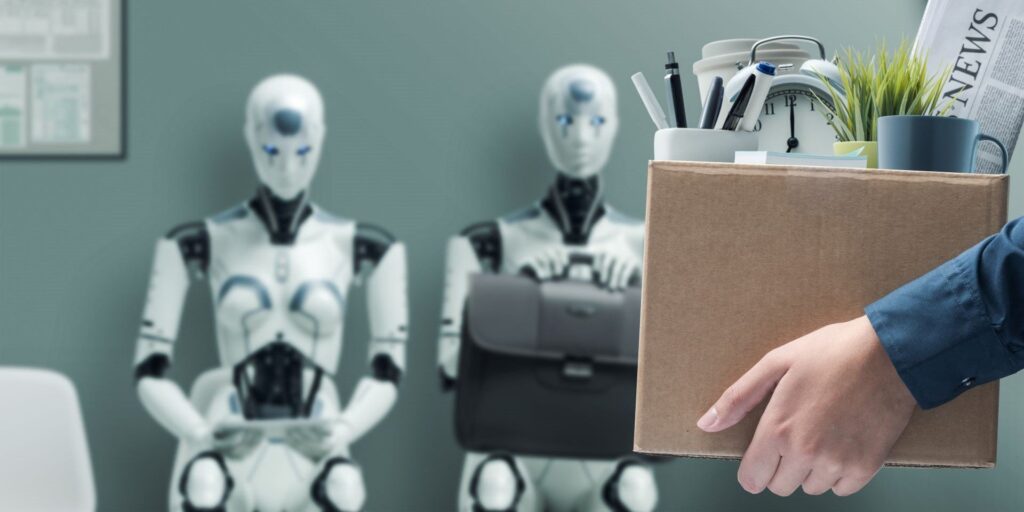
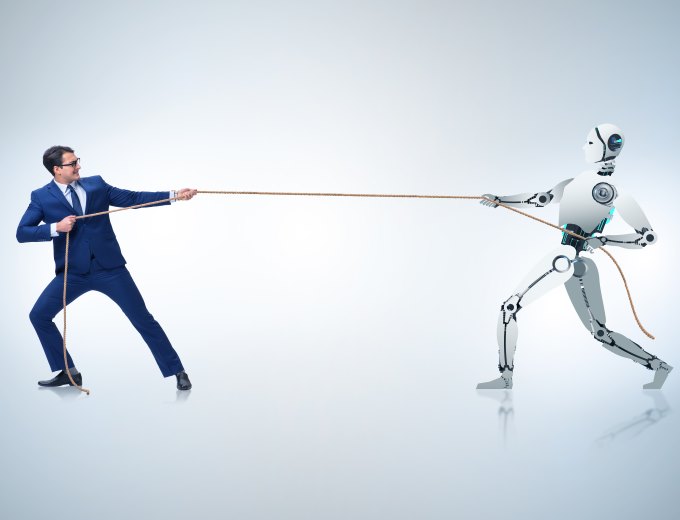

As artificial intelligence (AI) continues to advance at a rapid pace, its impact on the workforce is undeniable. While AI brings unprecedented opportunities for innovation and efficiency, it also raises concerns about job displacement and workforce transformation. In this blog, we explore the jobs that are likely to be replaced by AI over time, as well as those that are relatively safe from automation.

Jobs Likely to Be Replaced by AI:
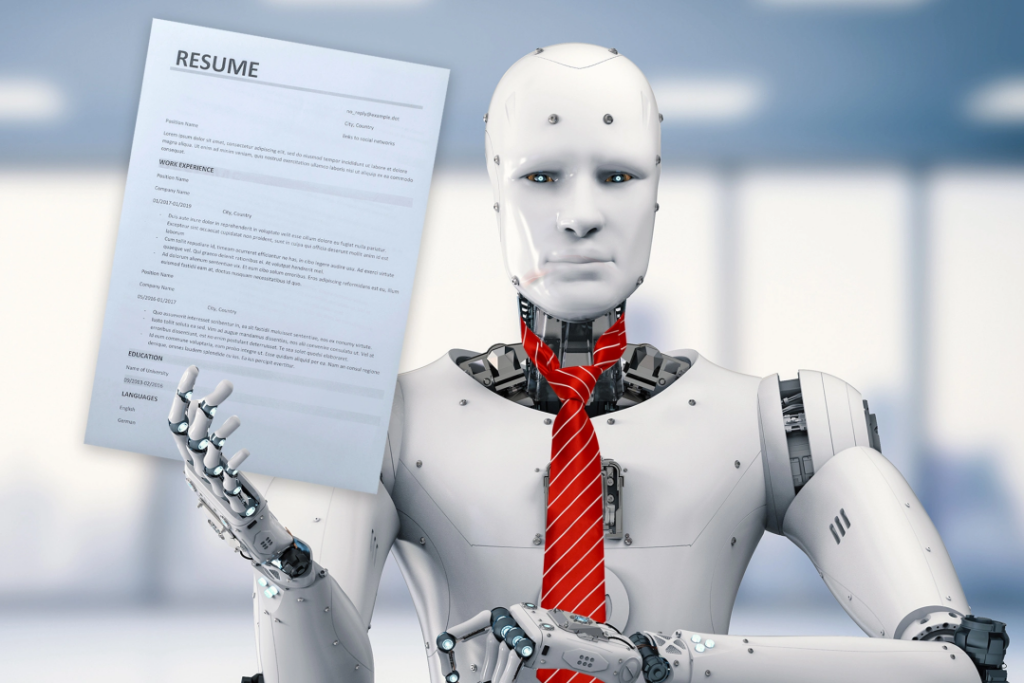
Routine and Repetitive Tasks: AI excels at automating routine and repetitive tasks such as data entry, bookkeeping, and assembly line work. These jobs are increasingly being automated by AI-driven technologies, leading to higher productivity and cost savings for businesses.
Customer Service and Support Roles: AI-powered chatbots and virtual assistants are transforming customer service and support functions. Basic inquiries, troubleshooting, and product recommendations can now be handled by AI systems, reducing the need for human customer service representatives in certain areas.
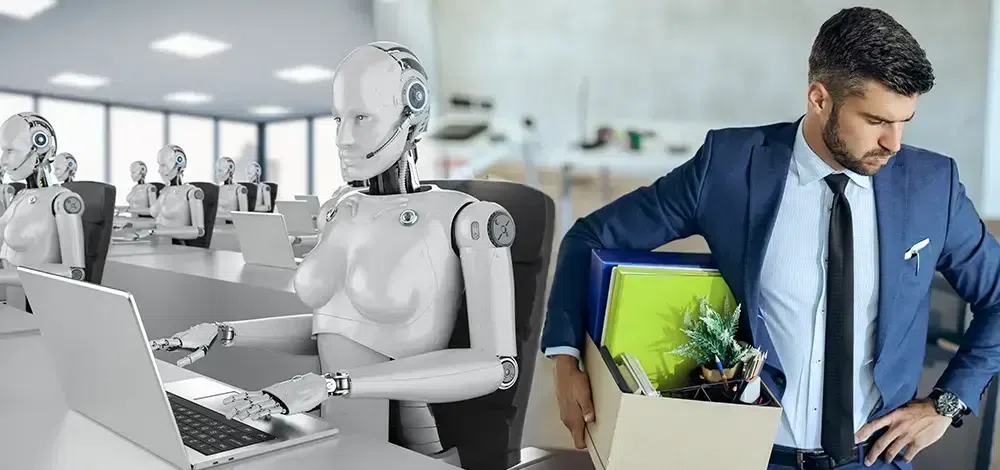
Transportation and Delivery Services: The rise of autonomous vehicles and drones is reshaping transportation and delivery services. Jobs such as truck drivers, taxi drivers, and delivery drivers may be impacted as AI-driven vehicles become more prevalent and capable.
Manufacturing and Production Roles: AI and robotics are automating manufacturing processes, from assembly to quality control. This automation enables greater efficiency and scalability but may lead to reduced employment in traditional manufacturing roles.
Retail and Sales Positions: AI-driven technologies are influencing retail and sales roles, with automated checkout systems, personalized product recommendations, and AI-driven sales forecasting tools changing the way retailers operate. Traditional retail jobs may evolve or decline as e-commerce continues to grow.
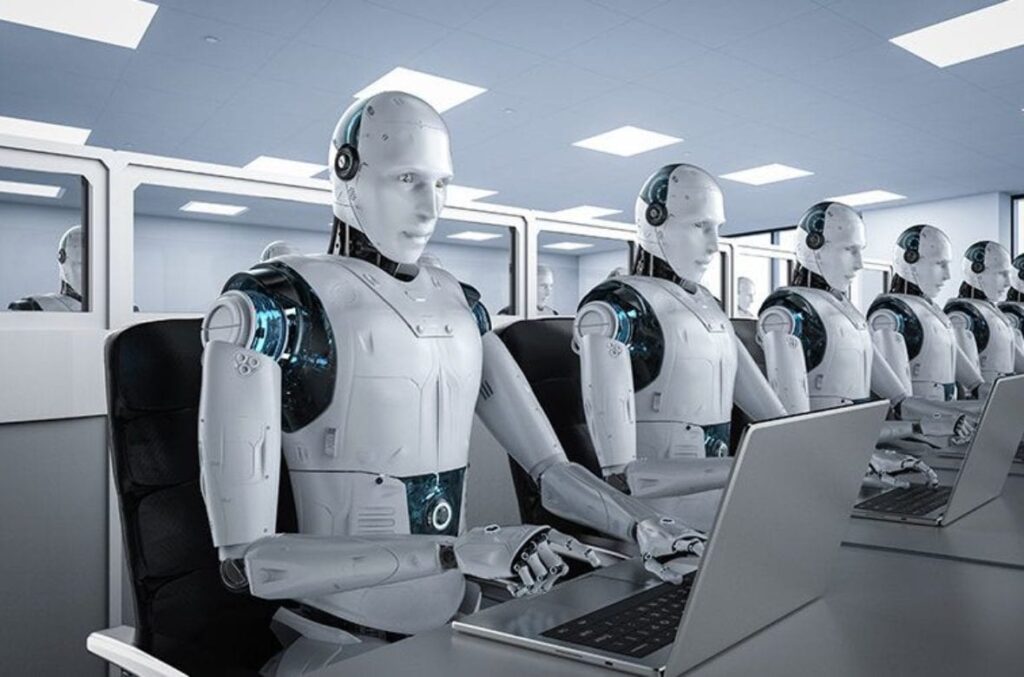
Financial and Accounting Services: AI is disrupting financial and accounting roles by automating tasks such as data analysis, risk assessment, and fraud detection. While human expertise remains essential for strategic decision-making, AI is streamlining many financial services functions.
Medical Diagnostics and Imaging: AI is advancing medical diagnostics and imaging, with AI-powered systems analyzing medical images and assisting in diagnosing conditions. This technology may impact roles traditionally held by radiologists and pathologists.
Legal Research and Document Review: AI is transforming legal services by automating research, document review, and contract analysis. AI-driven platforms can sift through legal data more efficiently than human researchers, changing the nature of legal support roles.
Jobs Safe from Automation:
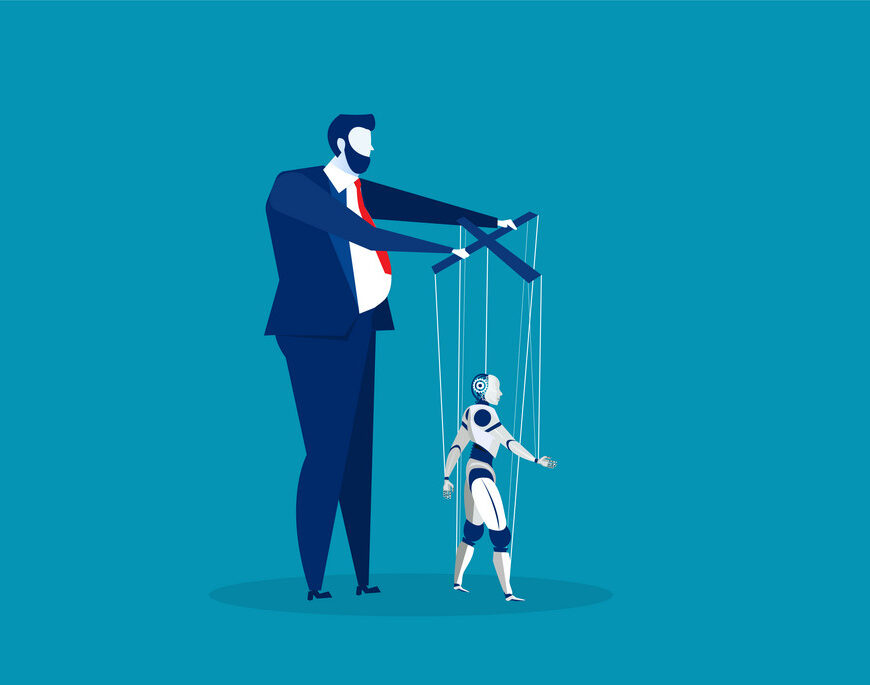
While many jobs face potential automation, certain roles are less susceptible to AI-driven displacement:
Creative Professions: Jobs that require creativity, imagination, and artistic expression are less likely to be replaced by AI. This includes roles in design, art, music, and content creation.
Complex Decision-Making: Positions that involve complex decision-making, strategic planning, and nuanced problem-solving are typically less susceptible to automation. Examples include senior management, executive leadership, and specialized consultancy roles.
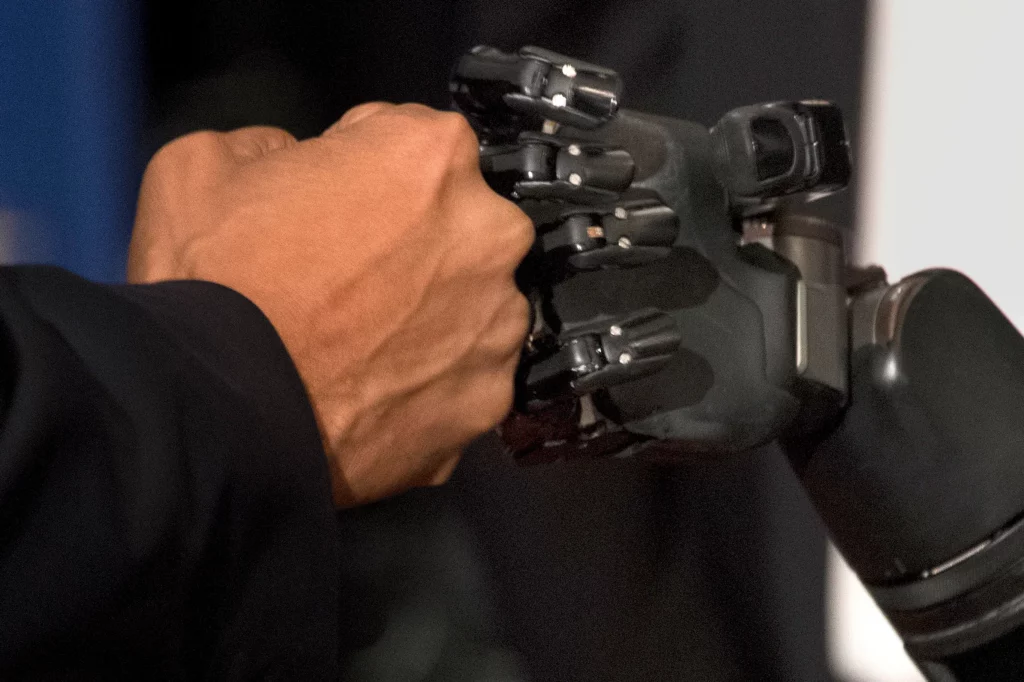
Human-Centric Roles: Jobs that involve empathy, interpersonal communication, and human interaction are challenging for AI to replicate. This includes roles in counseling, social work, nursing, and caregiving.
Innovation and Research: Careers that require innovation, scientific research, and pioneering discoveries are less likely to be automated. This includes roles in scientific research, engineering, and technological development.
Skilled Trades: Jobs that require manual dexterity, craftsmanship, and specialized skills are relatively safe from automation. This includes roles in plumbing, carpentry, electrical work, and automotive repair.
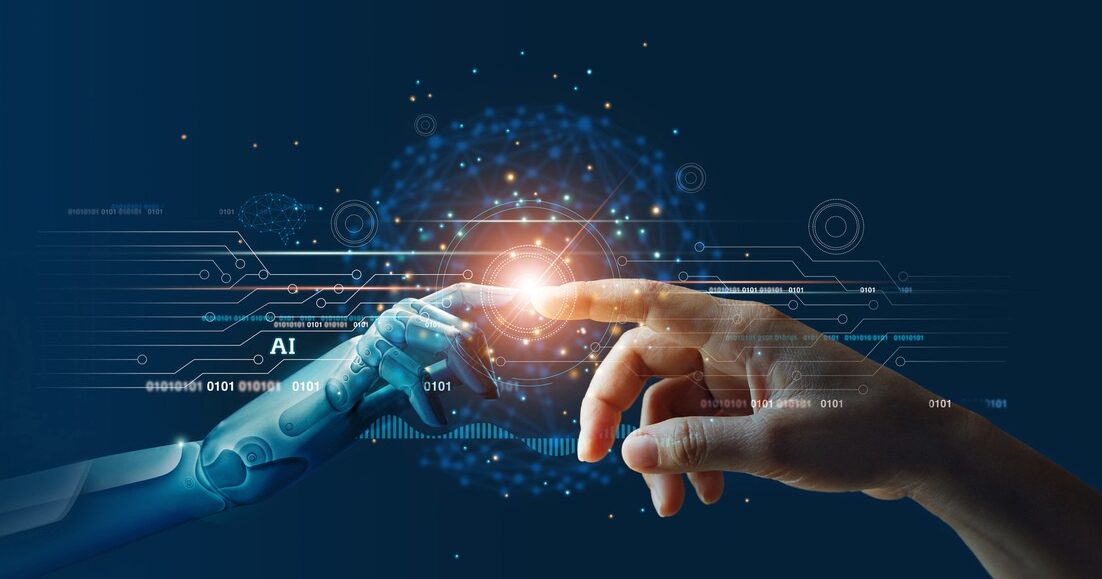
While AI-driven automation presents challenges for certain industries and job categories, it also creates new opportunities for skill development, entrepreneurship, and innovation. By understanding the evolving landscape of work and embracing lifelong learning and adaptability, individuals can navigate the transformative impact of AI and thrive in the future of work. Ultimately, the key to success lies in leveraging AI technologies responsibly while cultivating uniquely human qualities that AI cannot replicate.